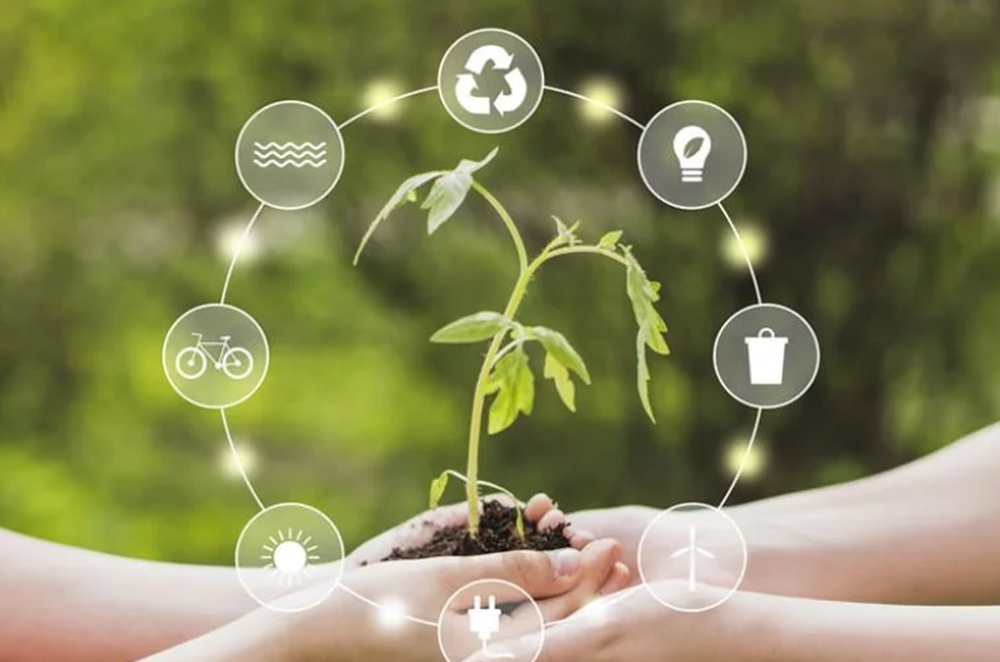As Latin America works to improve its recycling efforts and transition into a more green-centered economy in general, it becomes ever more important for the concept of a circular economy to take hold in the region.
But it’s not all about being green: A circular economy can also offer significant social and economic benefits, particularly in regions like Latin America, where the push for sustainability has become increasingly vital.
Latin America, like many regions, faces unique environmental challenges, but the potential for positive change is immense. Countries like Colombia, Peru, and Ecuador have made significant strides in recycling recently.
Colombia, for instance, recycles around 20% of its waste, and it has set ambitious goals to increase this percentage significantly in the coming years. Peru and Ecuador have also initiated recycling campaigns and have plans to improve their recycling rates in the near future.
The answer for a more sustainable region?
Developing a circular economy in Latin America is essential for several reasons. Designed to minimize waste and make the most of available resources, a circular economy has many benefits. For starters, it’s meant to protect us and the environment, and has the potential to generate sustainable job opportunities and stimulate economic growth, fostering social stability and development.
Environmental Benefits
Latin America’s rich biodiversity is endangered and must be protected. Reducing pollution and resource depletion through circular practices will help preserve the natural beauty and ecosystems that are integral to the continent's identity.
Deforestation is a huge concern in the region, particularly in the Amazon basin. But if we could decrease deforestation by requiring less natural resources, we could contribute to the fight against climate change, in which healthy trees are so essential.
With a circular economy in place, Latin America's rich natural resources would be conserved, and waste streams significantly reduced, leading to cleaner air and water for all.
Social Benefits
Socially, a circular economy in Latin America would potentially create thousands of job opportunities in recycling, remanufacturing, and repair. This would empower local communities through sustainable practices, boost social mobility, improve living standards and ultimately contribute to reducing poverty.
Informal recyclers are active in most Latin American countries. These men and women work in poor, unregulated conditions and put their health at risk constantly. Furthermore, without organization they can’t really put a dent in the region’s recycling rates. Bringing them into a formalized economic model would benefit both the recyclers themselves and the overall recycling efforts of each country.
Economic Benefits
Embracing a circular economy could be a ‘gold mine’ for Latin America. A region in which several countries, like Colombia and Venezuela, have lived for decades off the oil boom could turn from fossil fuels to green alternatives that are just as economically viable.
The transition to a circular economy can open up new markets for green products and innovations, making Latin America a competitive player in the global green economy. In the short term, more sustainable practices centered on recycling and reusing could result in substantial cost savings for businesses through reduced waste disposal and resource consumption.
As the region changes its mindset towards more sustainable ways to generate wealth, green energy projects also come into play. Being so rich in natural resources, it shouldn’t come as a shock that Latin America has the potential to increase its utility-scale solar and wind power capacity by more than 460% by 2030, according to a new report from Global Energy Monitor.
In all, there seem to be plenty of arguments in favor of adopting a model that will serve planet and people equally, and for generations to come.

